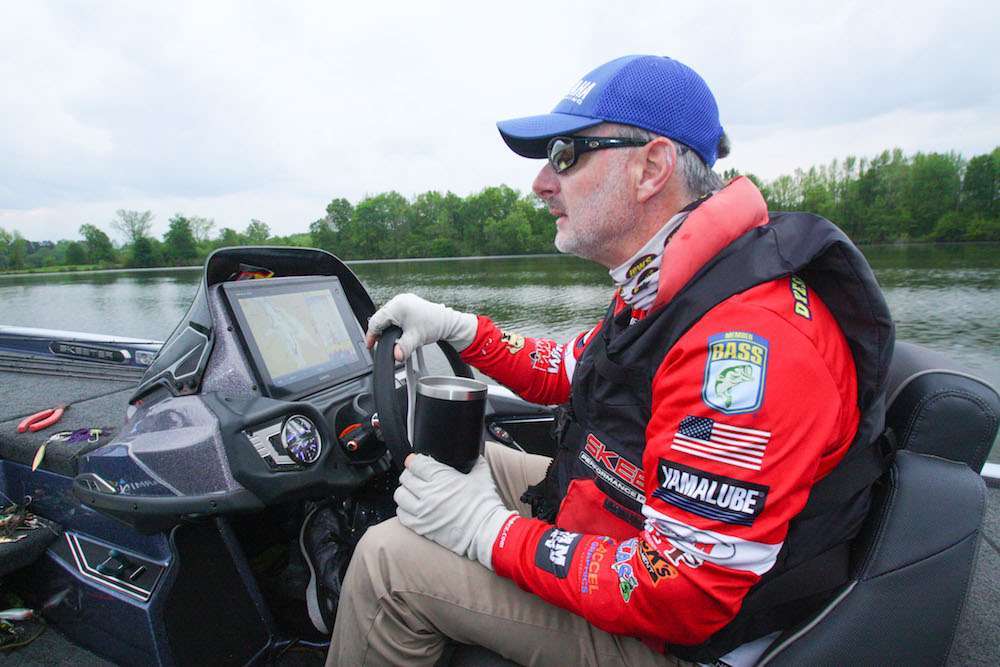
There are only a handful of legendary bass destinations in the country. True, there are hundreds of places to go fishing, but only some of them have earned the magical status of legendary. In short, they stand above the others. The St. Johns River is one of them.
A big part of its status is the incredible wildlife and nature settings it offers visitors. I’ve fished her for more than 30 years, and I’ve never grown tired of admiring her beauty. The banks and backwaters are full of live oak and Cypress trees. There are few thing in nature that are as majestic. Every tree is a marvel in and of itself.
The wildlife is just a striking. As you fish through the day you’ll likely see anhinga birds, a few ospreys and maybe a couple of bald eagles. In the water you have a good chance to see a manatee and almost certainly an alligator or two.
It’s something that never gets old and, in truth, is worth the trip by itself.
Now, the bass fishing is a little different. Like most of Florida, the bass relate to the weather. They don’t like change, and they most certainly don’t like cold snaps. Early in the year that can be an issue. In a normal year January going into February will see a series of rolling cold fronts that make the fishing tough.
A little information about the catch rates of professional anglers will make my point.
In my first ever professional tournament in 1987, I fished the river. On the first day I weighed in less than 3 pounds of bass. As best I can recall I was in 13th place in a field of about 200 anglers. Back in 1973 a fellow named Bob Tyndall caught a B.A.S.S. record bass from the river that weighed 12 pounds, 13 ounces. (I broke that record with one that weighed 13 pounds, 9 ounces in 1997 but not at the St. Johns River. I caught her from Richard Chambers Lake in Texas.)
In 2019 Rick Clunn set a record with a winning weight of 98 pounds, 14 ounces. I finished third with 95 pounds, 1 ounce. John Crews finished fifth with 89 pounds, 11 ounces. Those are some serious weights. Clunn’s fish averaged 4.95 pounds.
But, then came 2020. Paul Mueller won the event — shortened to three days — with a total weight of 47 pounds, 6 ounces. I finished in 62nd place with a total weight of 13 pounds, 11 ounces. Those are not serious weights. Mueller’s fish averaged 3.16 pounds.
These wide differences in weight are not the product of the quality of the fishery. They are the product of weather and water temperature. The extraordinary weights from 2019 were possible because the water slowly warmed over the course of the event. In 2020 it was just the opposite.
If you want to visit the St. Johns River — and I strongly encourage you to do so — I suggest you look at a time after the second week in February. The middle of March wouldn’t be too late. You’re chance of having a banner trip are much better then, and the wildlife will be more active, too.





